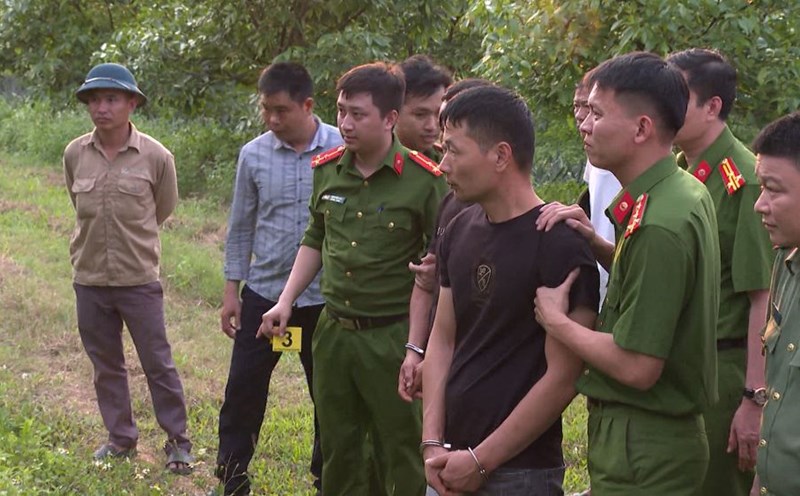RT reported that on May 4, Russian Foreign Minister Sergei Lavrov held a phone call with his Pakistan counterpart Ishaq Dar to discuss the escalating tensions between Pakistan and India.
Foreign Minister Lavrov said that Russia is ready to support peace efforts to reduce tensions arising from the terrorist attack on April 22 in the Pahalgam area (India). The phone call was made at the request of the Pakistani government.
The Russian Foreign Minister also had a phone call with Indian Foreign Minister S. Jaishankar on May 3. According to information from the Russian Foreign Ministry, Mr. Lavrov has called on India and Pakistan to resolve the dispute by bilateral diplomatic means and in accordance with the provisions of the Simla Agreement in 1972 as well as the Lahore Declaration in 1999.
Historically, Islamabad and New Delhi have used the two provisions to resolve disputes peacefully.
Meanwhile, in a phone call with Foreign Minister Lavrov, the Pakistan Foreign Ministry said that Foreign Minister Dar had denied baseless allegations and inciting words from India, and accused New Delhi of illegally acting when it suspended the water sharing treaty.
According to RT, the division directly for this tensions escalating was the bloody terrorist attack on April 22, in the town of Pahalgam in Jammu and Kashmir, the part of India controlled, killing 26 civilians. The incident caused the relationship of the two South Asian countries with nuclear weapons that were more serious.
After the incident, India took a series of tough measures against Pakistan, including deporting a number of Pakistanese diplomats, canceling Pakistanese citizen visas and closing the land border.
New Delhi has also partially suspended the Indian River Water Treaty in 1960 - a document regulating water sharing with Pakistan. On May 3, India continued to announce new measures to downgrade trade relations that had been severed with Pakistan.
Not stopping there, India continued to accuse Pakistan of supporting the suspected armed group behind the attack in Kashmir, while reiterating its long-standing stance that Islamabad supports cross-border terrorism and considers it a strategic tool.
In response to India's strong statements, Pakistan has not only denied them but also taken countermeasures and warned of the risk of escalating tensions. Last week, Pakistan said it had reliable intelligence showing that India intends to take military action and that the country is ready to respond. After that, the two sides were said to have fought continuously for 10 nights along the Control Road in Kashmir.











